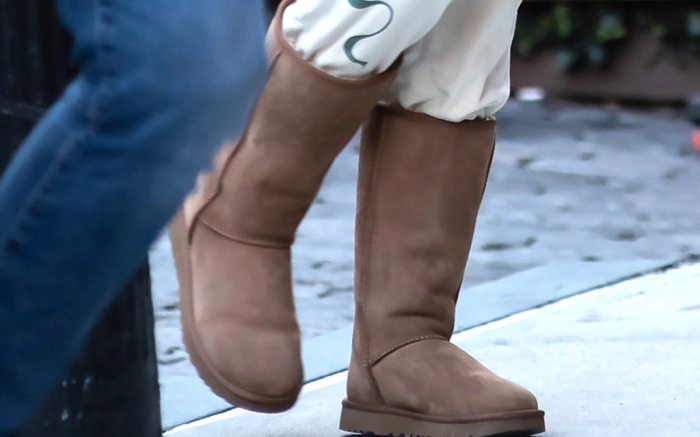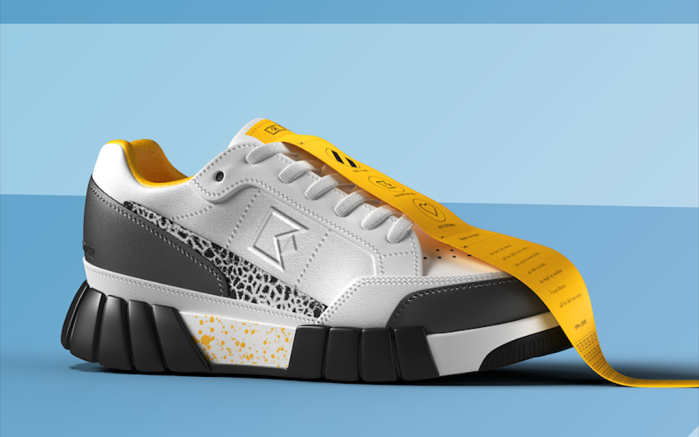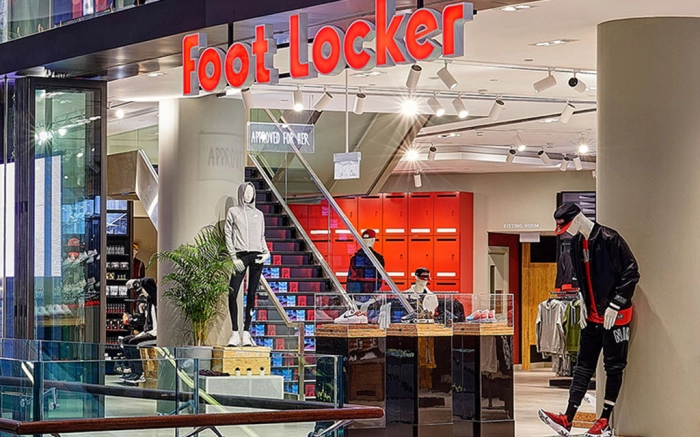How to Choose the Perfect Sports Bra
May,11,2021
Suffering through a workout in the wrong sports bra legit sucks. Let this three-step experiment be your guide.
Compression or encapsulation?
· Compression: Shelf bra styles work for smaller cup sizes (A and B) or for low- to moderate-impact workouts.
· Encapsulation: Sports bras with individual cups are better for larger-breasted women than compression-style ones, Scurr's research found.
Racerback or wide straps?
· Racerback: Because they cinch in back, the straps anchor the bra closer to the body, providing more support.
· Wide straps: Shoulder straps help distribute weight better than T-backs (key for bigger cups) and are more likely to be adjustable and padded.
Pullover or back clasp?
· Pullover: Tank styles typically cover the back more than clasps, but those with allover stretch lack the rigid front straps, adjustability, and support to anchor large chests.
Back clasp: Clasps let you tighten the band, from which 70 percent of the bra's support comes. This is especially vital for larger breasts, which place more demand on the band.
Compression or encapsulation?
· Compression: Shelf bra styles work for smaller cup sizes (A and B) or for low- to moderate-impact workouts.
· Encapsulation: Sports bras with individual cups are better for larger-breasted women than compression-style ones, Scurr's research found.
Racerback or wide straps?
· Racerback: Because they cinch in back, the straps anchor the bra closer to the body, providing more support.
· Wide straps: Shoulder straps help distribute weight better than T-backs (key for bigger cups) and are more likely to be adjustable and padded.
Pullover or back clasp?
· Pullover: Tank styles typically cover the back more than clasps, but those with allover stretch lack the rigid front straps, adjustability, and support to anchor large chests.
Back clasp: Clasps let you tighten the band, from which 70 percent of the bra's support comes. This is especially vital for larger breasts, which place more demand on the band.













